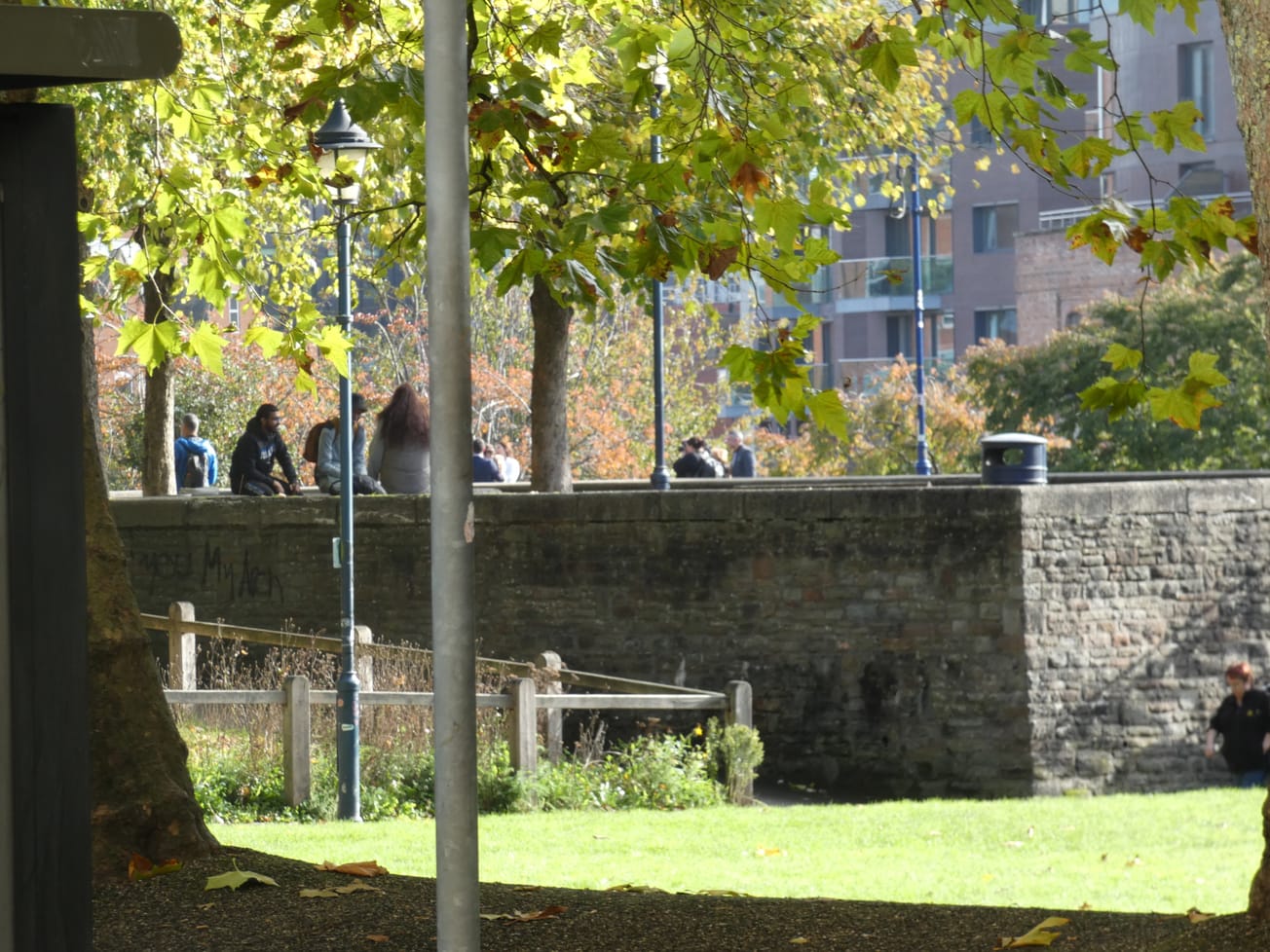Jess Cohen, Second-year, Sociology
First-generation university students are those whose parents or legal guardians did not attend university or complete a degree. Although they may be implicit and subtle, according to research conducted by UCL in 2020, there are ‘clear differences’ in the experiences of those who had been the first in their family to get a degree compared to those whose parents were graduates.
Whether it be advice on student finance or niche student life hacks, having parents who can draw from their own university experiences to offer guidance benefits non-first-generation students in ways that are often readily ignored. First-generation students may have a limited understanding of what university entails, how to apply and what to expect when they turn up, making it a far more daunting prospect.
Whilst universities offer advancement opportunities for gifted students regardless of their background, for those who are the first in their family to attend higher education, institutions may be perceived as supporting only the most privileged through unspoken academic and social rules.
For instance, the use of florid and academic language by students and tutors in seminars may be particularly off-putting and unfamiliar, reinforcing the existing idea that Bristol is a ‘posh’ university, where first-generation students ‘don’t belong.’ For others, however, labelling oneself as a first-generation student can be a powerful act of self-identification.
To gain a better understanding of the first-generation student experience at the University of Bristol, Epigram spoke to a third-year English student, she stated: ‘Whilst it has been difficult having a different level of education to my parents, and not having a family connection to someone who can offer support with academia, it makes me proud more than anything. It shows that even coming from somewhere where there wasn’t a massive educational foundation laid for me, I am able to pave the way on my own, which is definitely something to be proud of.’
However, even after securing a place at a prestigious university, this student acknowledged occasionally feeling as though her first-generation status indicated that she is less deserving of her position due to a supposed lower level of intelligence. There are many reasons these feelings of self-doubt may occur for first-generation students, most commonly because of imposter syndrome, which occurs when a successful individual feels that their accomplishments were achieved due to luck or timing, and not because of their skills or qualifications.
'"there is definitely a greater desire to do well, and for it not to end here with my degree"'
Not only does this mean that non-first-in-family students are 50 per cent more likely to attend a Russell Group university, but also that once at university, first-generation students are more likely to drop out than those who had a parent who had been through the higher education system.
Research has revealed that first-generation students feel more pressure to succeed academically because further education presents an opportunity for life-changing rewards. A study, conducted by UCL in 2020, highlighted that compared to children of graduate parents, first-generation students were more likely to have opted for subjects that led to higher earnings and had a clear path from university to the job market, including degrees in law, economics and management.
Speaking to a third-year History student, she stated that ‘there is definitely a big pressure to make my degree count because my mum grew up with not a lot, from a very working-class background, and has worked really hard to help me and my sister both go to university.’ As a result, ‘there is definitely a greater desire to do well, and for it not to end here with my degree, but for me to go on to maintain a high level of success in the future.’
In 2020, a First-Generation Scholars Network was established here at the University of Bristol, providing online resources, talks, discussion forums, social events and mentoring for those with little inherited knowledge of navigating the challenges of university life.
More recently, network coordinator Mark Hailwood (Senior Lecturer in History) and Arts Faculty Engagement Office Kate Fox (from the Widening Participation Team) held conversations with groups of undergraduate members of the network, to shine a light on their experiences of being at university as first-generation students.
When discussing the work of the network, the same third-year History student described it as a ‘great place for open communication, for people to share their own experiences, and hopefully a step in the right direction.’ She went on to explain that it's extremely reassuring ‘just to know that the support network is there and that you are not asking stupid questions, especially as it can be so intimidating talking to tutors or other students when you have limited knowledge about university.’
‘We will fight for what we believe in’ | Does student activism produce real change?
Destigmatising men's mental health | In conversation with The Grieving Pint
The 93% Club, started by University of Bristol alum Sophie Pender, is the UK’s first and largest network of state-educated people, unifying thousands of like-minded individuals across the UK through in-person events and a dynamic digital social network. On a mission to create better foundations for social mobility, the 93% Club offers first-generation students employability training, careers workshops and social events on university campuses around the country.
Whilst progress is still being made in improving first-generation students’ experiences at university, support networks and societies are working to make the University of Bristol more inclusive, by emphasising the power and importance of social mobility and inclusivity.
Featured Image: Epigram / Dan Hutton
Are you a first-generation student?






